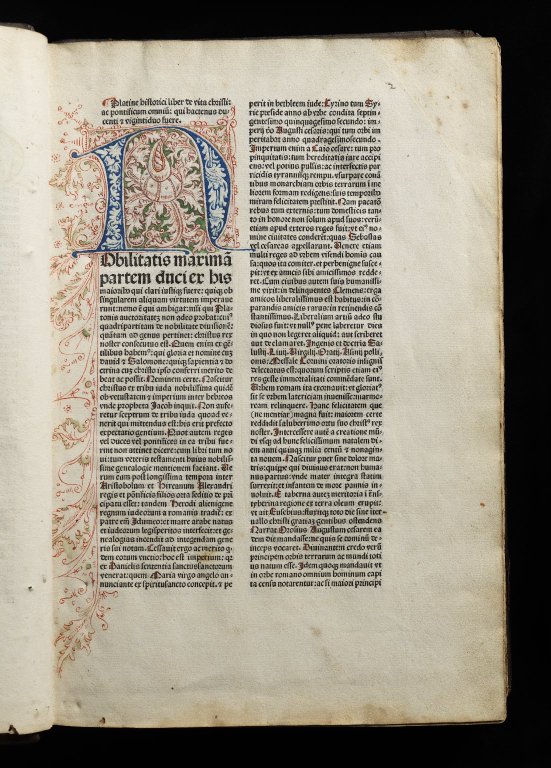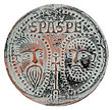This January we began cataloguing work on the MR Collection from New College Library’s Special Collections. This sequence contains much early and rare material, and carries the shelfmark MR because at one time these books were housed in the Martin Hall in New College.
We were really excited to find this lovely item, Historia apostolica illustrata : ex actis apostolorum et epistolis Paulinis. Published in seventeenth century Geneva, the author Louise Cappel writes about the works of the apostles, and Paul in particular. What’s immediately striking about it is that it is covered with a vellum wrapper (waste parchment) with beautiful manuscript lettering.
While further research is required on the wrapper, it appears to be a medieval liturgical text. The back cover (pictured) is in honour of St. Nicholas, with his name appearing in the line with the musical notation.
Christine Love-Rodgers – Academic Support Librarian, Divinity
Paul Nicholas – Funk Cataloguer
Elizabeth Lawrence – Rare Books Librarian

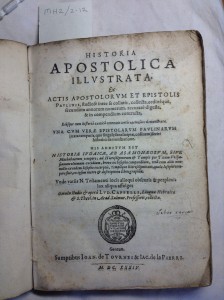
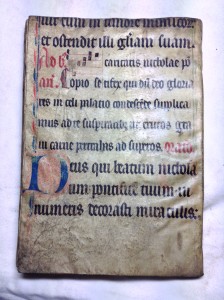
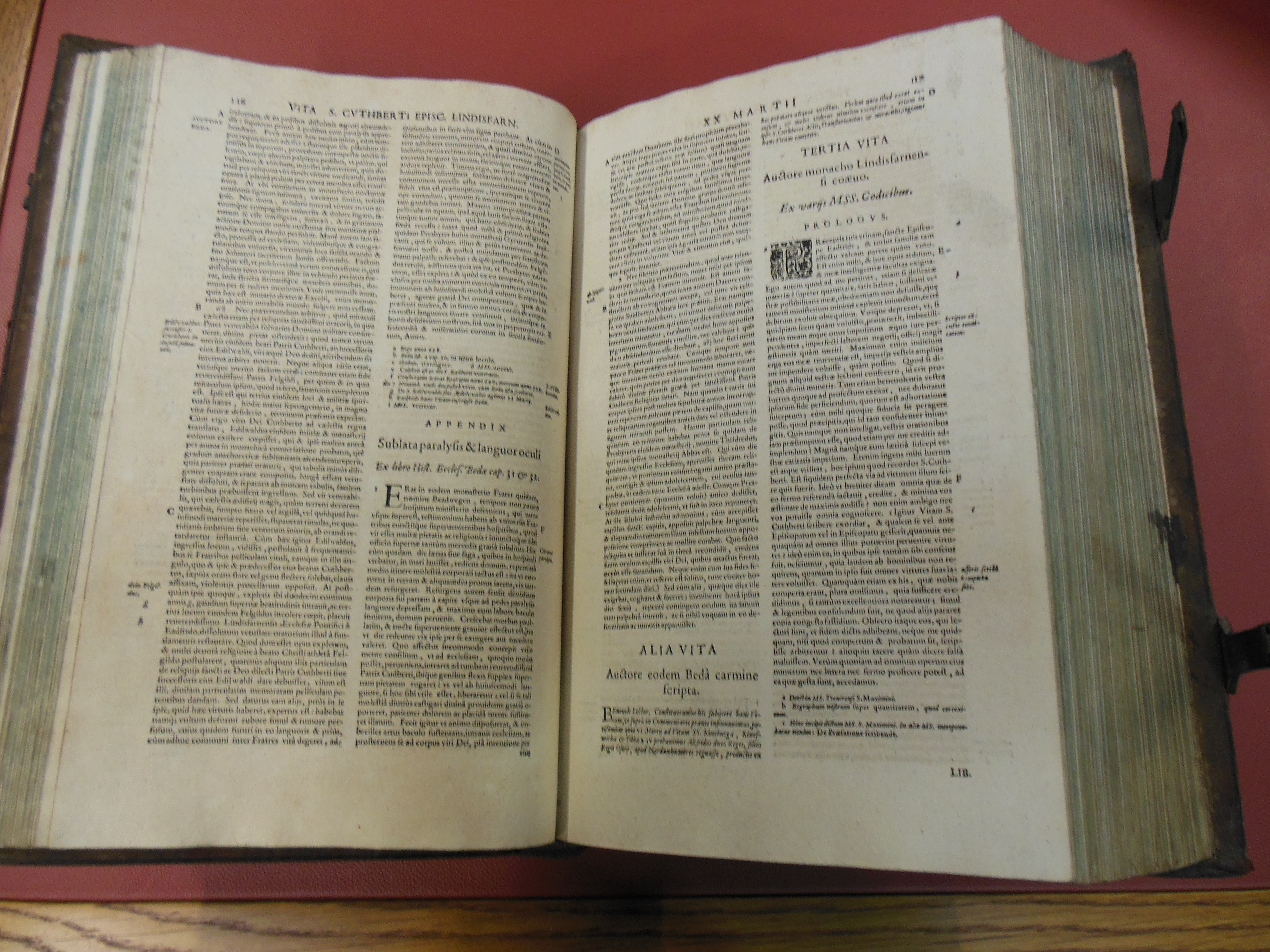



![Tractatus venerabilis Inceptoris Guilgelmi Ocka[m] de sacramento altaris. De Sacramento Altaris](http://libraryblogs.is.ed.ac.uk/newcollegelibrarian/files/2013/04/inc-13.jpg?w=227)
